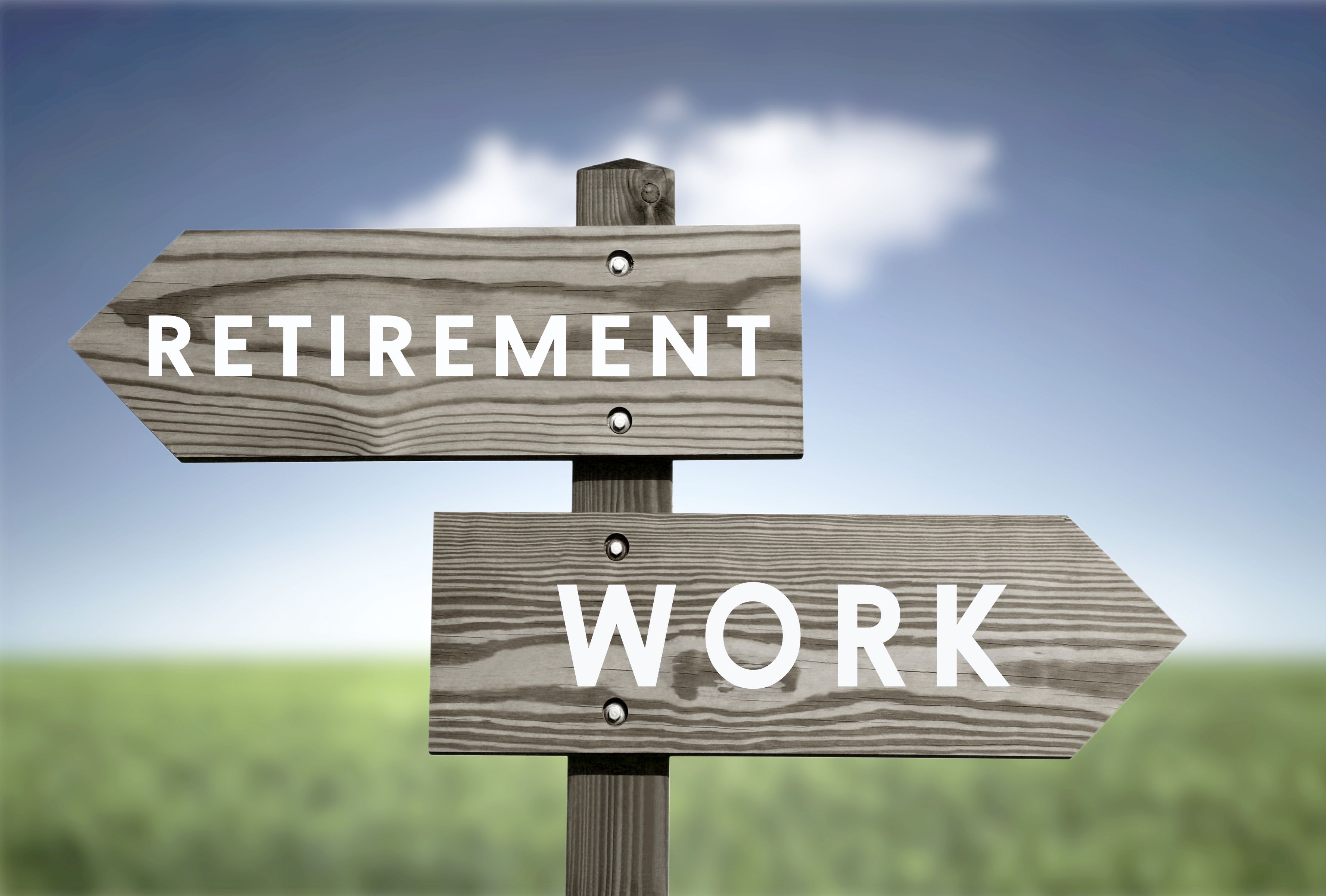Need Life Insurance in Retirement?

Why do you get life insurance? It may be because you understand that tragedy can strike in a moment. Or perhaps you may want to make sure your family is taken care of after you’re gone. Does one need life insurance in retirement?
Life insurance helps provide you and your family with peace of mind for your future needs.
Insurance payouts may cover mortgage, car payments, and other ongoing debts so that your family can sustain a comfortable standard of living.
Here are six reasons to consider for buying life insurance:[i]
- To pay funeral and burial costs
- To cover children’s ongoing expenses
- To replace lost income
- To pay off debts
- To buy a business partner’s share
- To pay taxes
Reexamining your insurance needs.
Is there a time in your life when you no longer need life insurance? For example, your children are grown, your debts are paid, you’re retired, your savings are adequate, and retirement income levels are sustainable.
How do you determine your life insurance needs at different stages in life?[ii]
If you’ve achieved your retirement goals and built robust savings, you may not need life insurance coverage, or you may want to reduce it. However, before you make changes, review your finances closely to see what options are best for you.
Examine pension and other retirement funds to make sure proper survivor designations are in place and sufficient benefits will be available. A minor income reduction, for example, can significantly hamper a survivor’s lifestyle and ability to keep pace with ongoing expenses.
You may need life insurance to cover peripheral financial expenses, such as estate taxes, retirement distribution fees, or charities. Owners of larger farms or businesses may need additional coverage to pay unanticipated taxes or other fees to avoid losing the properties.
Long-term care later in retirement may cost thousands of dollars per month. Life insurance may help offset or cover potential medical expenses or maintain care insurance payments.[iii]
You have several options that are worth exploring that may help you streamline your insurance needs.[ii]
If you would like to discuss your current financial needs or review your current policy, we’re happy to talk. Please contact us at 800.929.1001.
Investment advisory services are offered through CapSouth Partners, Inc., dba CapSouth Wealth Management, an independent registered Investment Advisory firm. Information provided by sources deemed to be reliable. CapSouth does not guarantee the accuracy or completeness of the information. This material has been prepared for planning purposes only and is not intended as specific tax or legal advice. Tax and legal laws are often complex and frequently change. Please consult your tax or legal advisor to discuss your specific situation before making any decisions that may have tax or legal consequences.
This article contains external links to third party content (content hosted on sites unaffiliated with CapSouth Partners). The policies and procedures governing these third party sites may differ from those effective on the CapSouth company website, as outlined in these Disclaimers. As such, CapSouth makes no representations whatsoever regarding any third party content/sites that may be accessible directly or indirectly from the CapSouth website. Linking to these third party sites in no way implies an endorsement or affiliation of any kind between CapSouth and any third party, including legal authorization to use any trademark, trade name, logo, or copyrighted materials belonging to either entity.
[i] https://www.moneycrashers.com/reasons-buy-life-insurance/
[ii] https://www.usatoday.com/story/money/columnist/powell/2018/05/02/how-determine-if-need-life-insurance-retirement/563375002/
[iii] https://longtermcare.acl.gov/costs-how-to-pay/costs-of-care.html




